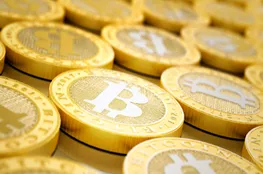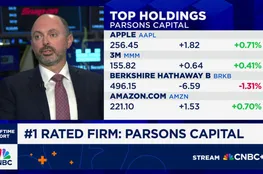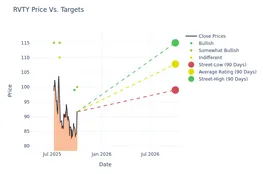America's post-pandemic shopping boom appears to be winding down. Consumers are feeling the pain of accumulated price increases and are pickier with what they splurge on. For retailers, that means the end of the everyone-is-a-winner environment, analysts told BI. America's wild, multi-year shopping spree has come to an end — and retailers who got used to Americans dropping cash on just about everything are in a tough spot. Companies are now grappling with the emergence of a more price-conscious consumer than they have seen in years.
Many people have drawn down their excess savings from the pandemic and are becoming painfully aware of the accumulated price increases, even as inflation has come down from multi-decade highs seen in the middle of 2022. According to a survey conducted by McKinsey & Company, 76% of US consumers said they expected to 'trade down' over the third quarter, which includes things like delaying purchases, searching for discounts, or opting for a buy now, pay later plan at checkout. It's not that Americans have stopped spending. US retail sales came in stronger than expected in July, with Americans spending more overall compared to the prior month, according to Census data.
But consumers are flashing signs that they're way more eager to bargain hunt and more picky on what they splurge on, according to Ted Rossman, a senior industry analyst at Bankrate. Americans are still willing to shell out for experiences, Rossman said, pointing to success among airlines and travel-oriented firms. However, they seem to have tired out on goods. Around 40% of consumers said they planned to pare back spending on accessories, home decor, jewelry, and furniture, per McKinsey's survey.
Customers have likely refined their spending habits, with more Americans now searching for high-quality products at a good value, according to Simeon Siegel, a senior retail and ecommerce analyst at BMO. That's why firms at the low-end — like McDonald's — as well as on the high-end — like LVMH — are struggling, he said. For many retailers that saw an across-the-board boom in profits amid post-pandemic revenge shopping, it's the end of an era, and companies are scrambling to figure out how to navigate the new world.
CEO turnover in the retail industry more than doubled last year, with the sector notching the highest number of CEO change-ups in four years, according to Challenger, Gray & Christmas. Most firms are also on high-alert for how consumers are reacting to higher prices. 86% of consumer staples firms in the S&P 500 mentioned 'inflation' in their first quarter earnings call, according to data from FactSet.Some retailers, like Walmart and Target, have turned to aggressively slashing prices — a sign that stores are getting more desperate in their efforts to get shoppers in the door, Siegel said.
'When the consumer had a wallet full of cash handed to them, they didn't have to be as thoughtful. They didn't have to hold back. And so everyone benefited. We're now back in an environment where good retailers, strong brands that offer compelling value ... will benefit,' Siegel said. It's a stark turnaround from several years ago, when Americans under stay-at-home orders and flush with stimulus cash were buying just about everything. But those consumers have largely spent down their pile of extra cash, with household excess savings likely having been depleted by the first quarter of 2024, according to a projection from the San Francisco Fed.
And consumers — especially those in the lower- to middle-income bracket — are showing signs that they're having trouble dealing with the higher cost of living. Less than half of middle-class Americans rated their personal finances as 'excellent' or 'good,' and two-thirds of middle-class Americans said they believed their income was falling behind the cost of living, according to a second-quarter survey conducted by Primerica. Inflation has cooled from its highs several years ago, but the increased selectiveness among consumers will likely continue for the foreseeable future, Rossman and Siegel predicted, due to the fact that it takes time for people's perception of the economy to change.
'You could correctly say, oh, inflation's come way down, but people's rents are up, people's grocery bills are up,' Rossman said. 'It's going to take a while to unwind some of that.' In the meantime, that could mean more pain for retailers, Siegel said, speculating that many were caught by surprise by the shift in consumer sentiment. Investors are already feeling uneasy. Retail stocks are struggling, with SPDR S&P retail exchange-traded fund falling more than 5% over the past six months.
'Companies either had product or they didn't, consumers either had stimulus or they didn't,' Siegel said of pandemic times, noting that most retailers were able to succeed during the pandemic so long as they had inventory hitting the shelves. 'I think we're back to an environment where there are winners or losers.' For the weakest or most indebted retailers out there, it could mean that their businesses will continue to shrink, Siegel said, though he noted he wasn't necessarily predicting a wave of company failures.
'I think that the businesses, the management teams that plan only for good times are the management teams that won't be around for very long,' he added.
























